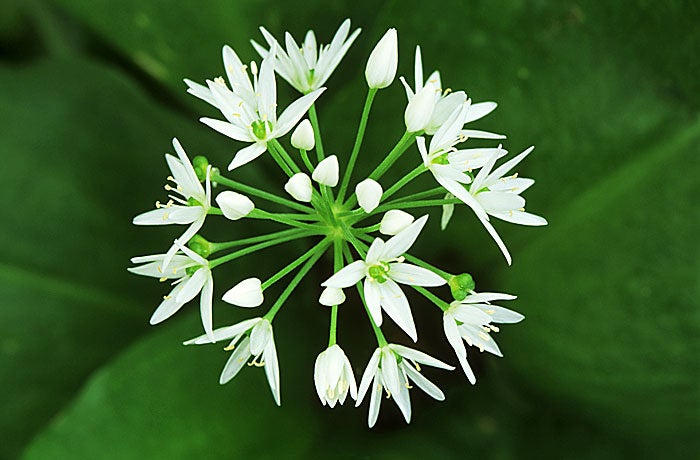Real food: Wild at heart

Your support helps us to tell the story
From reproductive rights to climate change to Big Tech, The Independent is on the ground when the story is developing. Whether it's investigating the financials of Elon Musk's pro-Trump PAC or producing our latest documentary, 'The A Word', which shines a light on the American women fighting for reproductive rights, we know how important it is to parse out the facts from the messaging.
At such a critical moment in US history, we need reporters on the ground. Your donation allows us to keep sending journalists to speak to both sides of the story.
The Independent is trusted by Americans across the entire political spectrum. And unlike many other quality news outlets, we choose not to lock Americans out of our reporting and analysis with paywalls. We believe quality journalism should be available to everyone, paid for by those who can afford it.
Your support makes all the difference.Until the Romans arrived in Britain (bringing with them straight roads, under-floor heating and the onion), we had all been quite happy to perk up our food with two other members of the Allium family – leeks and garlic leaves. However, as soon as we got our teeth into the onion, we rather abandoned our native garlic in favour of the Mediterranean interloper. But the wild garlic hung on in there and still comes up in our woodlands every spring, looking beautiful with its delicate white flowers and elegant lush green leaves.
Along the way, wild garlic has accumulated a number of different names from Stinking Jenny to Snake's Food, Ramsons and Bear's Garlic, which is derived from its formal Latin name Allium ursinum. Due to the recent revival of traditional English dishes, wild garlic has become something of a chef's favourite; the leaves can be used to add a faint but persistent garlicky twang to everything from soups to salads, although many feel that it tastes best when it's been wilted, as the raw leaves can prove over-pungent.
This year, because of the erratic spring weather, the Ramsons season started early and the leaves have already featured in dishes at the Royal Hotel in Bath, Paternoster Square in London and at Fergus Henderson's restaurant St John in Clerkenwell, London (where it is a key flavouring for braised dishes. Braised squirrel, anyone?). The season will probably last for the next three months or so and the best way to find Ramsons is to follow your nose, venture into a dark and shady wood, perhaps with a brook running through it – and if there is wild garlic to be had you will smell the pungent leaves. If you have any doubts about what you are picking, crumple a leaf in your hands; the scent is unmistakeable. When picking, be careful where you tread as the allium is often followed by bluebells and it would be a pity to trample their display before it has had a chance to get started. Take the leaves home and try them two ways – cut them very finely (chiffonade) and add them to a cheese sandwich; or try using the shredded leaves to add depth of flavour to simple thick soups or an omelette. Potato and wild garlic soup is a far superior bowlful to leek and potato.
Follow your nose
It's often tantalising to come across interesting ingredients on restaurant menus – only to find that they are impossible to get hold of. One good tip is to make a note of the telephone number of Chef Direct. This company is based in the Bristol area and specialises in supplying obscure delicacies, fresh fish and game by mail order (mostly to the restaurant trade). This year Steve Downey of Chef Direct has been selling wild garlic leaves since mid-February. Prices started at £12 a kilo but will probably decline as the season progresses to as low as £5 a kilo. Chef Direct: 01275 474707 or e-mail steve@chefdirect.co.uk
Join our commenting forum
Join thought-provoking conversations, follow other Independent readers and see their replies
Comments